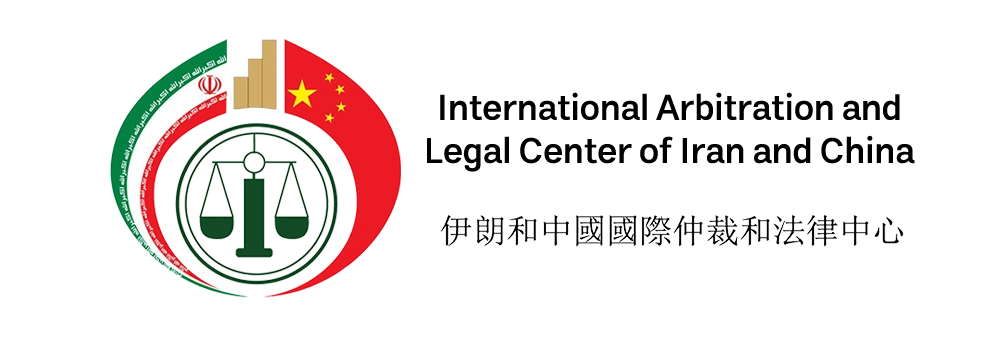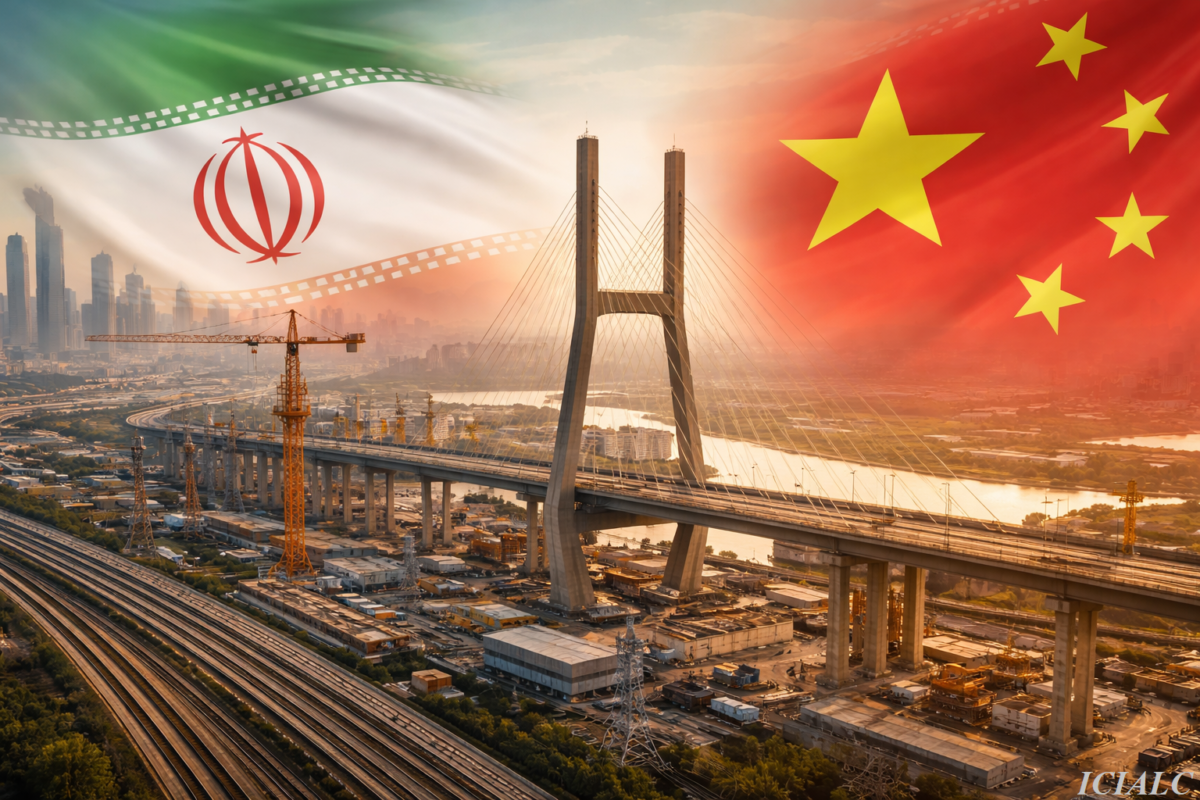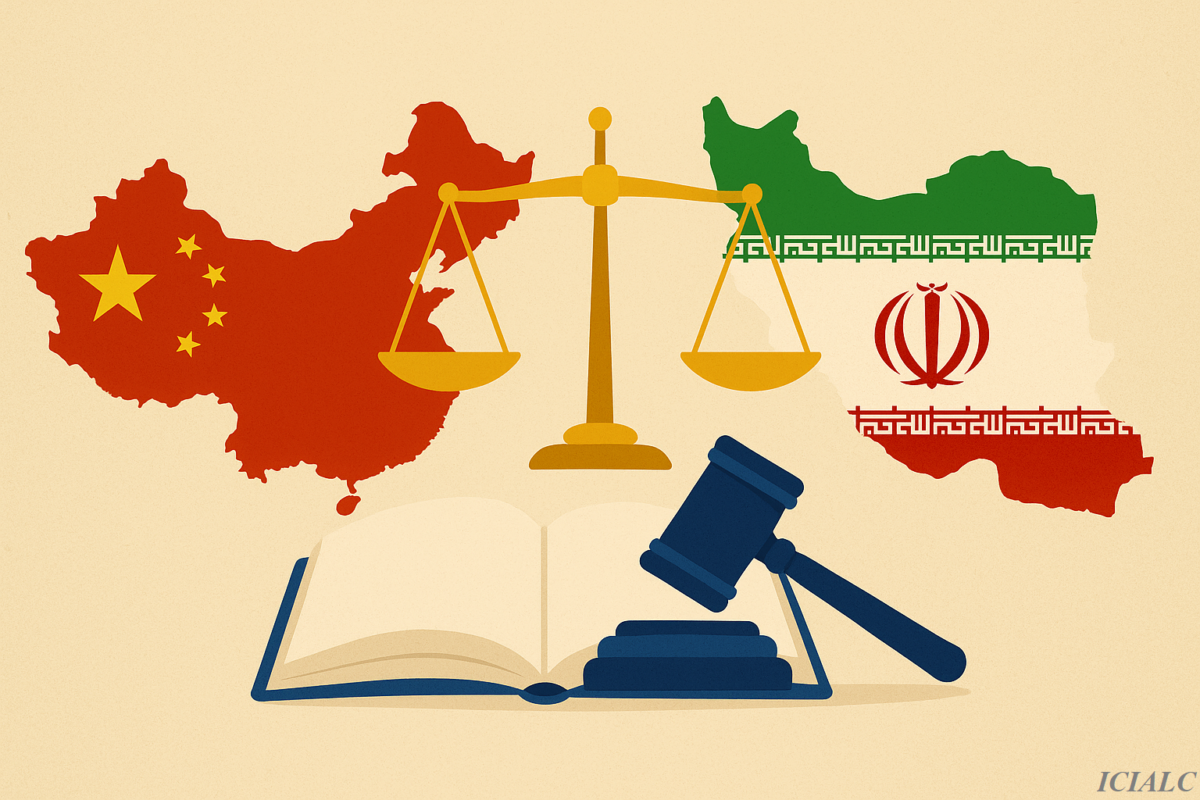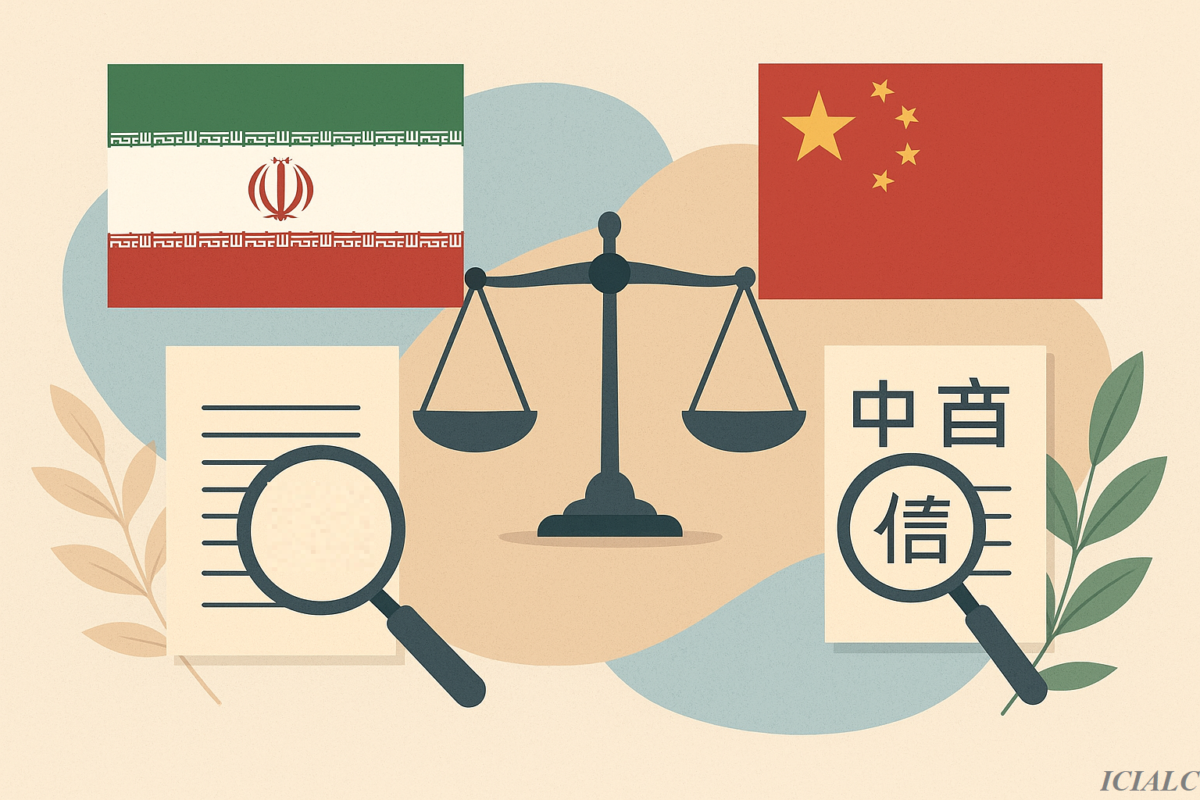Economic relations between Iran and China have experienced unprecedented growth over the last decade, ranging from oil and gas contracts to construction collaborations, joint investments, and commodity exchanges. Naturally, with the increase in commercial cooperation, legal disputes have also become more apparent. Many Iranian and Chinese companies and merchants, instead of pursuing litigation in national courts—which are usually time-consuming, costly, and lack confidentiality—prefer international arbitration as a faster and more specialized dispute resolution mechanism.
However, the issuance of an arbitral award is not the end of the matter; the true value of an arbitration award is realized when it can be enforced in the country of the respondent’s residence or where the respondent’s assets are located. In other words, the recognition and enforcement of an arbitration award are vitally important.
Two key questions arise in the context of Iran-China relations:
Can arbitration awards issued in China be recognized and enforced in Iran?
Conversely, how are arbitration awards issued in Iran recognized and enforced in China?
These questions are especially important for merchants and companies since many economic contracts involve parties holding assets in the other’s jurisdiction or in third-party jurisdictions. If an arbitration award is issued but cannot be enforced in the opposing country, arbitration loses its practical effectiveness.
It is crucial to note that both Iran and China are members of the 1958 New York Convention—widely recognized as the foremost international framework for the recognition and enforcement of foreign arbitral awards. This membership provides merchants with great confidence to rely on arbitration as a tool for dispute resolution.
This article introduces the legal foundations related to the enforcement of foreign arbitral awards and examines the procedures for enforcing Chinese arbitration awards in Iran and vice versa. Furthermore, it discusses the key practical challenges such as sanctions, differences in legal systems, linguistic and conceptual issues, as well as legal and commercial solutions to facilitate enforcement. The aim is to provide a practical guide for merchants, legal advisors, and companies engaged in Iran-China relations.
The 1958 New York Convention
The Convention on the Recognition and Enforcement of Foreign Arbitral Awards (New York Convention 1958) is the principal international instrument governing the enforcement of foreign arbitration awards and is regarded as the gold standard for recognition among contracting states. To date, over 170 countries, including Iran since 2001 and China since 1987, are parties to this Convention.
According to the Convention:
States must recognize and enforce arbitral awards made in other contracting states, except in certain limited cases.
Exceptions include conflicts with the public policy of the enforcing country, lack of fair proceedings, or invalid arbitration agreements.
Therefore, both Iran and China are fundamentally obligated to enforce each other’s arbitration awards, providing legal certainty to traders and companies engaging in bilateral cooperation.
It is also noteworthy that the Iran-China International Arbitration Center’s website hosts comprehensive articles on the role of the New York Convention in international trade and practical methods for the enforcement of foreign awards, which can be consulted for deeper understanding.
Enforcement of Chinese Arbitration Awards in Iran
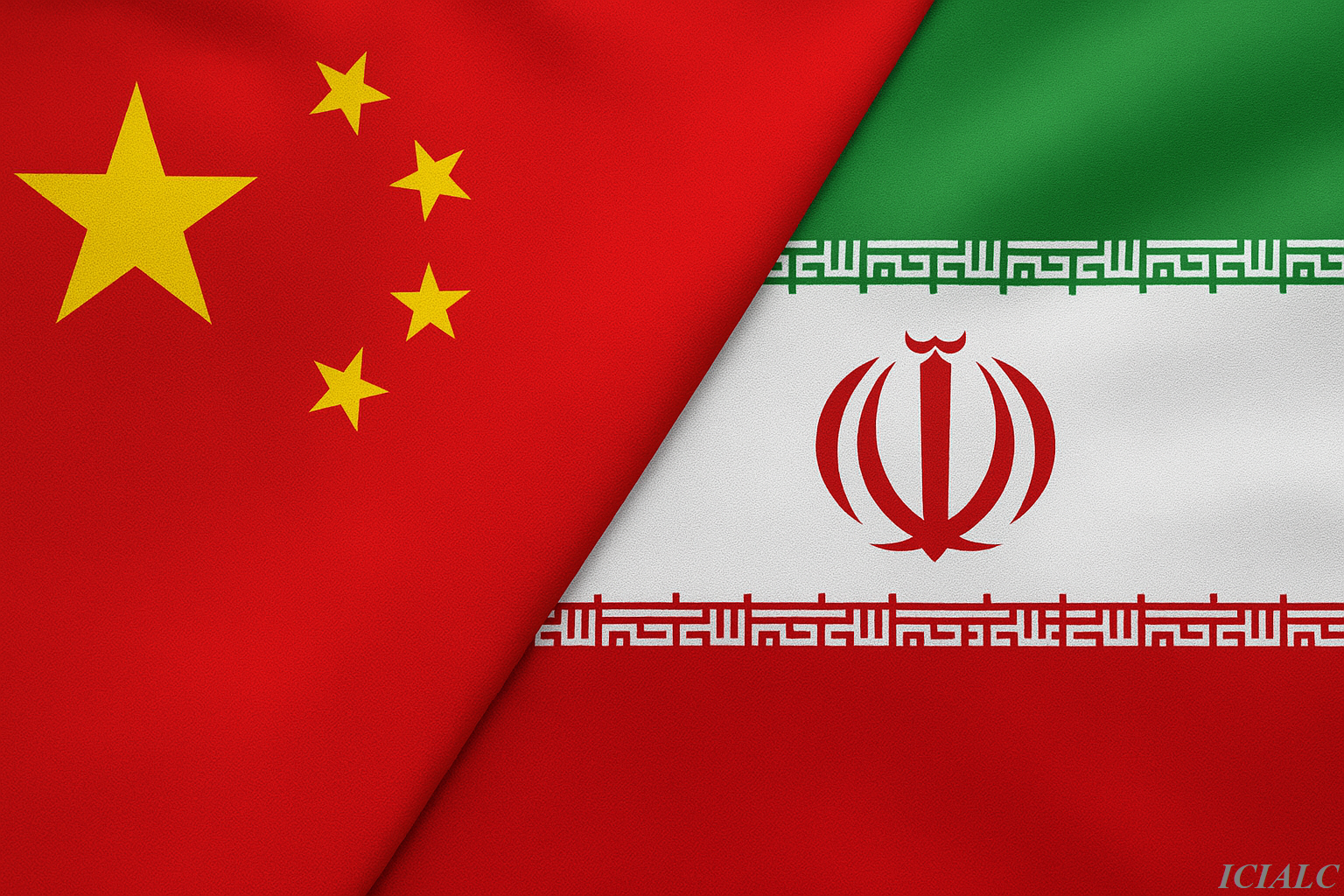
The enforcement of arbitration awards issued in China within Iran is governed by Iran’s International Commercial Arbitration Act (2008) and the New York Convention. This process is critically important for traders and companies with assets or contracts in Iran because an international arbitral award only gains practical value if it is enforceable in the destination country.
Steps for Enforcement of Chinese Arbitration Awards in Iran:
Application for Enforcement
The party seeking enforcement must apply to the competent Iranian court, typically the Tehran General Civil Court or commercial courts in provincial centers, submitting:
The original arbitration award issued in China
Official and certified Persian translation of the award
The arbitration agreement or documentation proving the parties’ consent to arbitration
Court Review
The Iranian court does not review the merits of the dispute but only verifies:
Compatibility with Iranian public policy (awards contradictory to core Iranian legal principles may be refused)
Compliance with New York Convention requirements for recognition and enforcement
Validity of the arbitration agreement (whether the arbitration clause is properly included and mutually agreed)
Issuance of Enforcement Order
If confirmed, the foreign arbitration award has the force of a final Iranian court judgment. Enforcement orders may include asset seizure, bank account garnishment, and other enforcement measures.
Potential Challenges in Iran:

Conflict with mandatory Iranian laws, such as foreign investment regulations, currency control laws, and banking sanctions, may obstruct enforcement.
Vague or improperly drafted arbitration agreements may delay or prevent enforcement.
Translation errors or incomplete documentation can impede or delay enforcement.
Sanctions and financial restrictions may require alternative solutions like escrow accounts or third-party jurisdictions for monetary claims.
Practical Tips for Facilitating Enforcement:
Precisely draft arbitration clauses specifying the arbitration seat and governing law.
Choose reputable and internationally recognized arbitration institutions, e.g., CIETAC in China, which have higher chances of enforcement acceptance in Iran.
Obtain legal counsel before contract execution to anticipate enforcement challenges.
Provide accurate, official translations to avoid procedural delays.
By observing these guidelines, Iranian traders can confidently use Chinese arbitration as a dispute resolution mechanism with confidence about enforcement in Iran.
Enforcement of Iranian Arbitration Awards in China
In China, enforcement of foreign arbitration awards is regulated by the Chinese Arbitration Law (1994) and the New York Convention. This process is vital for parties contracting with Chinese counterparts as successful enforcement of Iranian awards depends on strict adherence to Chinese legal procedures.
Steps for Enforcement of Iranian Arbitration Awards in China:

Jurisdiction
Applications for enforcement should be lodged with the Intermediate People’s Courts, which are responsible for recognition and enforcement of foreign arbitral awards.
Required Documentation
Essential documents include:
The original Iranian arbitration award
The arbitration agreement or proof of arbitration consent
Certified Chinese translations of the award and agreement
Additional court-requested documents such as payment proofs or related correspondence
Court Review Process
Chinese courts do not re-examine the dispute’s merits but consider exceptions such as:
Violation of Chinese public policy
Procedural deficiencies or invalid arbitration agreement
Unfair hearing or due process violations
Likely Challenges in China:
Chinese courts often strictly assess public policy compliance, potentially delaying enforcement.
Inadequate or unofficial translations may lead to refusal or prolonged proceedings.
International sanctions against Iran may complicate financial claim enforcement, often necessitating third-party accounts or alternative mechanisms.
Legal and Commercial Solutions:
Careful Drafting of Arbitration Clauses:
Naming a specific arbitration institution (CIETAC, Iran Chamber of Commerce Arbitration Center) and specifying language and governing law reduce secondary disputes and clarify procedures.
Selecting Reputable Arbitration Institutions:
Using centers such as CIETAC, SHIAC, SCIA, ICC, LCIA, or SIAC enhances acceptance and enforcement prospects.
Specialized Legal Counsel:
Engaging international arbitration experts helps anticipate enforcement risks, including sanctions and regulatory constraints.
Utilizing Online Dispute Resolution (ODR):
ODR reduces costs and expedites dispute resolution, especially useful for digital trade contracts and online businesses.
Conclusion
Economic relations between Iran and China have grown significantly, and international arbitration plays a key role in facilitating trade cooperation. Enforcement of arbitration awards between these two countries, under the framework of the New York Convention 1958, is legally feasible but faces challenges such as divergent legal systems, international sanctions, and translation requirements. Overcoming these challenges requires precise arbitration clause drafting, selection of credible arbitration bodies, and specialized legal advice. Adhering to these principles ensures arbitration remains an effective dispute resolution tool providing legal certainty for international trade between Iran and China.
